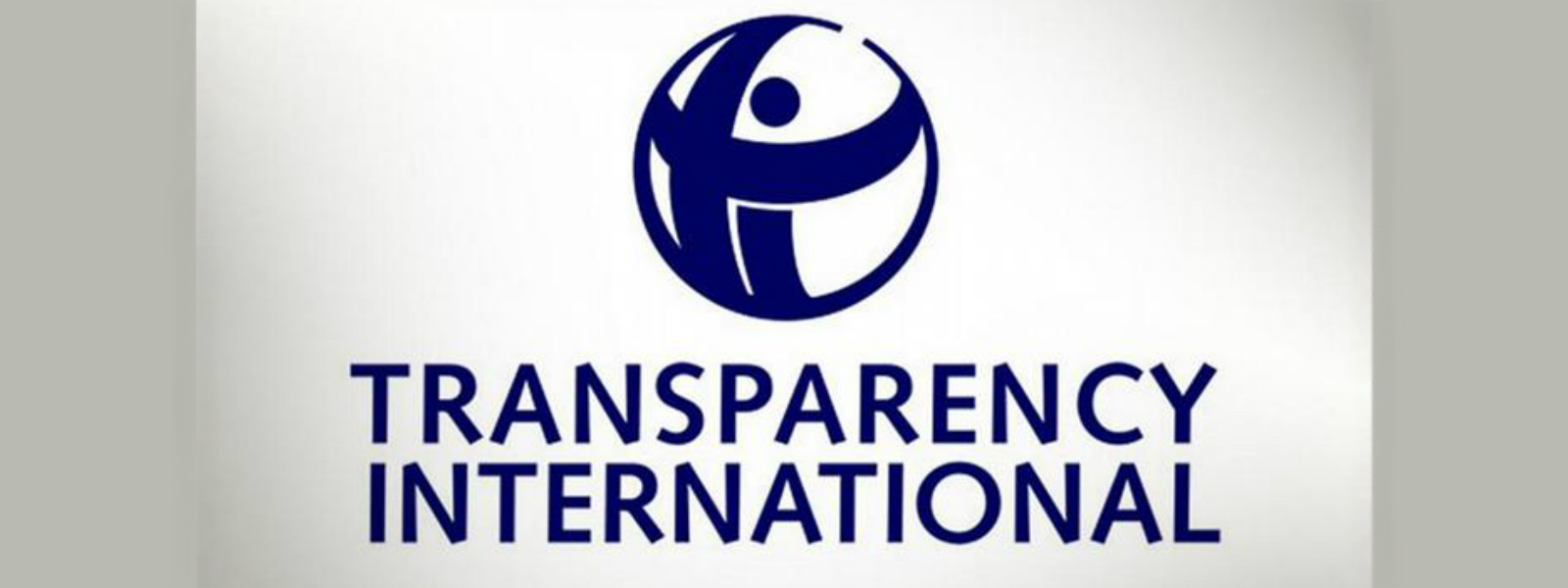.webp)

TISL recommends enhanced scrutiny in operation of the tax amnesty
COLOMBO (News 1st); Transparency International Sri Lanka says it is deeply concerned regarding the new Finance Act passed on 7th September 2021 that aims to grant tax amnesty for individuals who voluntarily disclose their undisclosed income and assets.
TISL warns that this amnesty scheme could be abused for the purpose of money laundering unless regulatory authorities take extra measures to counter such attempts.
FULL STATEMENT BELOW:
TISL is deeply concerned regarding the new Finance Act passed on 7th September 2021 that aims to grant tax amnesty for individuals who voluntarily disclose their undisclosed income and assets. TISL warns that this amnesty scheme could be abused for the purpose of money laundering unless regulatory authorities take extra measures to counter such attempts.
In 2012, the Financial Action Task Force (FATF) identified the following three best practices in managing Anti Money Laundering (AML) and Counter Terrorist Financing (CTF) during voluntary tax compliance programs. TISL is of the view that ensuring compliance with these, is crucial in terms of the implementation of this law, in order to counter the Money laundering/ Terrorist Financing risks.
1. The effective application of AML/CTF preventative measures – This Act provides an opportunity to invest an amount equal to the undisclosed tax value in shares issued by a company, Treasury Bills issued by the Central Bank, credit securities issued by a company in Sri Lanka and movable or immovable property. Therefore, the Central Bank of Sri Lanka (CBSL), the Financial Intelligence Unit (FIU) and other obligated entities should ensure proper enforcement of existing AML/CTF laws and guidelines in relation to the new Act, including on issues relating to beneficial ownership and Know Your Customer requirements, questioning the origin of assets. This will ensure that those granted the tax amnesty are easily identifiable and remain under close scrutiny of authorities to ensure future compliance. Adherence to such procedures will ensure that individuals with legitimate sources of money would be able to bring it into the country without hindrance while it makes it increasingly difficult for money generated through illicit means to enter the country.
2. Domestic co-ordination and co-operation – CBSL and FIU to ensure “that all relevant domestic competent authorities be able to co-ordinate and co-operate, and exchange information, as appropriate, with a view to detecting, investigating and prosecuting any ML/TF abuse”. CBSL and FIU should raise awareness among the Banks and other financial institutions regarding the potential risk of ML through these investments. The Commissioner General of Inland revenue should strive to ensure that the confidentiality clause in the Act does not hinder such inter-agency co-operation.
3. International co-operation – Authorities to ensure effective international cooperation and empower authorities to track individuals suspected of having brought black money into the country. Income and assets from countries that do not have effective implementation of FATF recommendations need to be monitored closely.
TISL Executive Director Nadishani Perera commenting on the new law, shared these views: “We understand the current financial situation of the country and that the country is in need of foreign currency inflows. However, resorting to such a broad-ranging tax amnesty could possibly allow black money to enter the country and for Sri Lanka to eventually become a haven for such ill-gotten gains.”
TISL calls on all law enforcement and regulatory authorities to ensure that this tax amnesty is not abused by those who could cause detriment to the country, by implementing the recommendations made above, and ensuring that the public is kept informed of the safeguards put in place to avert such abuse.
Other Articles
Featured News





.png )






























.gif)